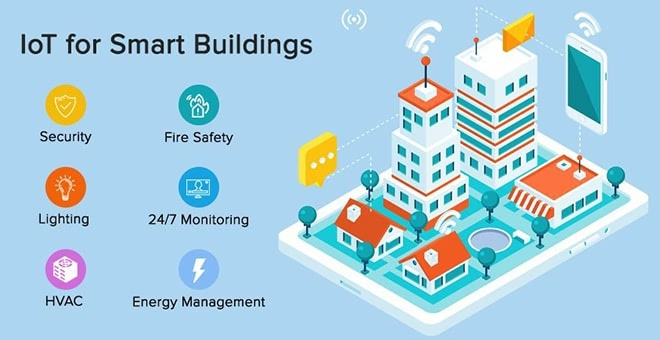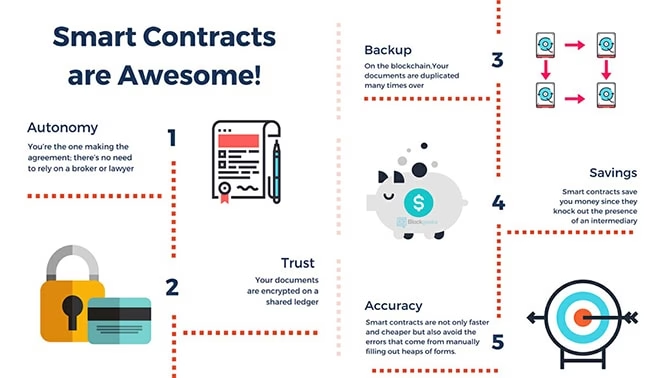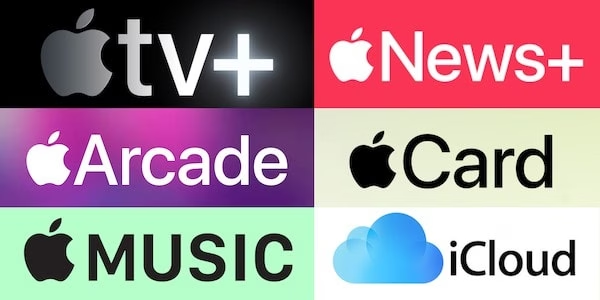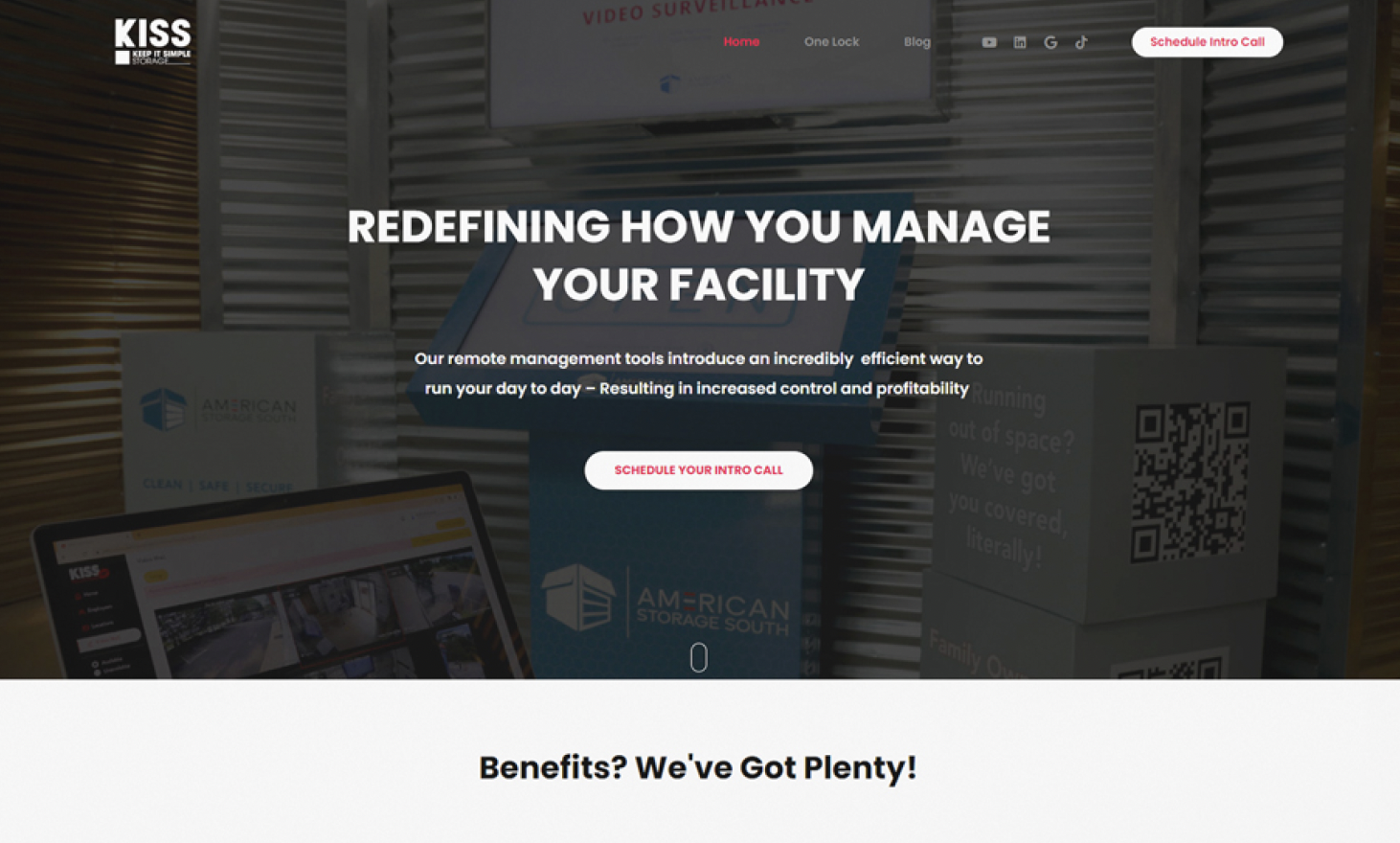- Developers
- Developer Blog
- Real Estate Software
- How Real Estate Technology is Evolving?

profile
Verified Expert
1 year of experience
Alexey Semeney is an entrepreneur, founder, and CEO of DevTeam.Space. He is a product development expert and an occasional writer on different topics related to team management and product development. He is an avid traveler and sports enthusiast.
Wondering how real estate technology will change to meet up-and-coming generations?
This is a very interesting question.
According to the National Association of Realtors, during the past several years, dissatisfaction with the home-purchase process increased in direct correlation with the buyers’ age. This means that companies need to change to meet the expectations of younger buyers.
Moreover, the global real estate market is expected to reach USD 4,263.7 billion by 2025 in revenue according to Grand View Research.
Let’s see how commercial real-estate technology trends are transforming for real estate professionals.
Transformation of real estate technology
Some of the real estate transformation technology trends are as follows:
Attaining Data and Energy Efficiency Via Smart Home Management Systems
With IoT and smart home management technology, various smart devices and property tech objects (doors, light switches, heating systems, and more) are able to connect to the internet and transfer data to the property manager and the tenant.
By assessing this data, the manager could more efficiently monitor the property as a whole, automate processes, and improve the energy consumption of a building.

Smart devices can be connected to mobile apps and allow homeowners to create more intelligent and energy-efficient spaces based on their preferences.

Get a complimentary discovery call and a free ballpark estimate for your project
Trusted by 100x of startups and companies like
According to IoT business news, there will be 14.4 billion IoT-connected devices globally by 2027, and companies such as General Electric and Philips state that IoT could save properties up to 70% on electric bills.
Residents, too, could gain the access to monitor the activity of smart devices through their mobile phones and take greater control of their household energy use when it comes to utilities such as electricity, water, heating, and cooling.
Overall, buildings have the potential to provide the owner with tremendous amounts of data. Learning the ways to deploy real estate tech in order to gather and analyze this data, will also assist real estate managers in deciding whether they should invest in a particular property or not.
Providing Property Tech Platforms for Headache-Free Home Services
Living in well-decorated and constructed places is a desire of every single person out there. Therefore, the required assistance in the remodeling and design process is always in high demand.
Even for the more straightforward jobs such as bathroom and kitchen remodeling, the number of possible vendors and contractors to interact with could be quite overwhelming at times, leaving the younger generations in shock.
This is one area that is in the need of rental property technology implementation. Otherwise, due to the lack of online systems for these processes, all of the parties involved have to unnecessarily go back and forth in person.
Confidence is a major deciding factor in closing a deal, and at this moment, it can be hard for homeowners to know the exact contractor(s) they could trust in an immediate time frame.
If we look at a different instance, for example- when a toilet breaks, it might leave some of the first-time property managers uncertain of what to do at that exact moment; real estate and property management tech is supposed to assist with these on-demand problems.
Implementing Smart Contracts for Secure and Simple Real Estate Transactions
The process of buying and transferring property ownership continues to remain tedious, to say the least. The government, lawyers, and real estate agents are just a few of the participants through whom the transfers have to go through in order to complete the transaction.
At a very basic level, smart contracts technology shifts data ownership from a centralized location and breaks everything down into “blocks” in order to distribute them over a greater network.
By applying PropTech or property technology, and in this case- smart contract technology, the process involving buying and selling a property becomes exponentially expedited due to the considerable amount of time saved on all of the signatures and confirmations at the transactional front.

Maintenance and financial transactions become simplified, saving time and money for the existing landlords. The contents of the tenancy agreements become clear and constant. All of the parties involved will gain confidence in the systems because the chance of contract breach or any kind of confusion will be bar none.
If you’re further interested in smart contracts and Blockchain (the technology behind smart contracts), you could learn further about their implementation in the article Fintech Investments: Where To Grow Your Finance Or Investment Business This Year.
Hire expert developers for your next project
1,200 top developers
us since 2016
Addressing the On-Demand Itch With Mobile Apps
Back in 2019, 81% of older Millennials, 80% of younger Millennials, and 78% of Generation X found their home on a mobile device compared to 68% of younger Boomers.
At this point, smartphones are ubiquitous. People use them for just about anything: shopping, food delivery, mobility, and more. When it comes to real estate, browsing properties is just one of the many services people will expect to access through their phones.
The mindset of Mobile First is a great attitude to uphold for real estate companies, because all of the products that deal with the customer, will have to be digitized into a mobile app, thus speeding up the adoption of real estate technology.
Focusing on the Growing Demand for Community Through Social Connectivity With PropTech
There was a time when plenty of neighborhoods across the US had strong, fostered communities inside of them.
In the past several decades, the idea of community diminished and people became more individualistic and enclosed in their lifestyles.
Although technology is believed to reinforce seclusion even further, it does possess even greater power to bring a sense of community back.

Tenants across buildings and residents down the street could all be connected and brought together based on their needs, interests, and social networks.
Residents’ connectivity to each other and access to the community around them is definitely something to look into, as it is an emerging property technology trend among the younger demographic of customers.
Following Apple With Space as a Service
Technology enables new kinds of business models to flourish, and one of them is Space as a Service. SPaaS changes the fundamental way real estate owners operate their real estate business: away from static asset ownership and towards monetization of that asset through services and access.
Here’s a more detailed definition of what Space as a Service is, as explained by InBuildingTech:
“SPaaS is a byproduct of a set of technology-enabled structural changes in the CRE marketplace. Technology is paving the path for fundamental changes in how businesses operate, how people work and live, and where they do it.
The greatest enablers for this transformation have been the exponential growth of high-speed connectivity, the ubiquitous use of smartphones, the proliferation of cloud computing and IoT devices, and the adoption of artificial intelligence and robotics.
Together, these technologies are reshaping the way in which we as a society and workforce use and occupy space.”
When it comes to SPaaS, Anthony Slumbers, a professional software development strategist in real estate tech, has drawn a very interesting analogy in his talks. He compared real estate models to that of Apple and their business model around the iPhone. In the earlier years of the iPhone, Apple’s biggest profit stemmed from the phone’s sales numbers.
Hire expert developers for your next project
As of today, Apple still continues to retain the biggest market share of profit in the smartphone industry, but a lot of it comes down to the services that they provide and not just the amount of units that they sell.

Similarly, the future points at real estate and how they will have to package the digital and the physical together in a form of service in order to derive significant profits.
According to Slumbers, in a world where clients submitting a cheque every quarter is the only thing that matters, having a real estate company or a property business that does not revolve around rent payments might sound absurd. But that is exactly where we are heading, to a not-so-distant future in which rent is all but part of the total income that the real estate owners will receive.
This innovative rental property technology will practically offer an approach in which property’s services are bundled together similar to what Amazon does with Prime and sold not just as a product (the leased office) but as a whole array of things in order to keep the customer in your network.
Read here more on Antoney Slumber’s reviews on real estate as a service.
Looking Forward to Investing in real estate technology?
First, there is as much to gain as there is to lose for real estate businesses. By failing to focus on the needs of the next generation of homebuyers and implementing real estate tech, the risk of being left behind is evident by the institutions of other industries that failed to adapt technology over the past decade.
With each year, more and more capital is being allocated towards the real estate tech companies that aim to disrupt the real estate sector; here are the key points that real estate tech startups will try to focus on:
- Redundancy
- Broken Trust
- Limited Access
- Waste
- Complexity
Try to address at least several of the above headaches at any point in the property chain. Overall, real estate has been relatively slow to embrace change but is expected to accelerate in its adoption of PropTech real estate tools in the next 5 years. As of this moment, there are still a lot of opportunities out there.
A reputed software development agency can help you rapidly incorporate the latest technologies in your real-estate procedures. DevTeam.Space is one such example with relevant experience in mobile application development for various industries including the real estate market.
You can easily partner with its high-quality software developers community by sharing your initial product specification via this form. One of our account managers will reach out to you instantly to explain in detail our app development and management process and answer any questions you might have.
Frequently Asked Questions on Real Estate Technology
To supplement existing computer systems that are used for everyday operations, today’s leading real estate agents are utilizing the latest technologies to allow them to offer 3D online property viewings, retail apps, and blockchain solutions to reduce costs and increase the speed of property deed transfers.
Efficient market research through virtual tours of homes has been an immense success with buyers. Real estate companies that offer this service have seen a dramatic boost in the number of customers since implementing virtual reality technology. It is clear that all estate agents will need to offer this service in the near future or risk becoming irrelevant.
Provided you have software development experience you can onboard developers from a company such as DevTeam.Space, set up the infrastructure and communication channels, then get going. Alternatively, outsource the entire development to a company like DevTeam.Space.

Alexey Semeney
Founder of DevTeam.Space
Hire Alexey and His Team To Build a Great Product
Alexey is the founder of DevTeam.Space. He is award nominee among TOP 26 mentors of FI's 'Global Startup Mentor Awards'.
Alexey is Expert Startup Review Panel member and advices the oldest angel investment group in Silicon Valley on products investment deals.


